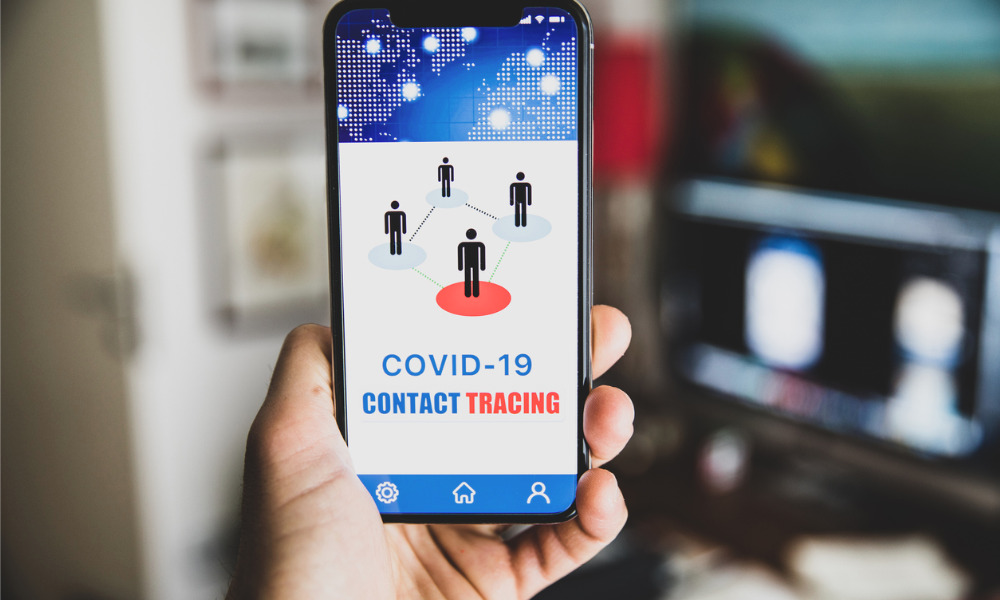
Two new studies debunk the myth about employee privacy concerns when tracing coronavirus cases in the workplace

Do privacy concerns outweigh organisational safety when probing COVID-19 infections at work?
Case investigation and contact tracing are critical to containing the spread of SARS-CoV-2, disease experts warn. But the initiatives are often led by local and state/provincial health workers.
In a global survey by Workplace Intelligence, however, 86% – or almost nine in 10 workers – say they are “comfortable to varying degrees with employer-led contact tracing”.
Read more: How COVID-19 spreads in crowded offices
In fact, a similar percentage of workers (86%) believe their company has the duty to alert them in case employees come in contact with a colleague who tests positive for COVID-19, another study from Kronos and The Harris Poll revealed.
The majority of employees (75%) surveyed globally are counting on their leaders to create a “physically safe and healthy work environment,” and that includes managing contact-tracing efforts in the name of organisational safety, Kronos and Workplace Intelligence found.
“Employees have demonstrated that they do have safety concerns in the workplace but generally trust their employer to take care of them,” said Gregg Gordon, vice president, industry, Kronos.
How employers can take charge of contact tracing
Overall, almost half of employees (48%) polled say they are “very comfortable” or “a great deal comfortable” with letting managers go through their work schedule records or workplace movement records to pinpoint and manage COVID-19 cases.
Another approach is to allow managers to use employees’ own mobile devices for contact tracing – it’s an initiative supported by two in five workers worldwide (39%).
Read more: Coronavirus contact tracing apps: Ending privacy for individuals?
Workers trust their employers to lead through the crisis – and this trust should signal to organisations that they have a duty to “step up and employ all methods necessary to protect workers physically and mentally during COVID-19,” Gordon said.
“As the data shows, employer-driven methods of contact tracing are not unwanted among the workforce, though education and transparent communication cannot be overlooked when introducing new policies or protocols related to organisational safety,” he said.